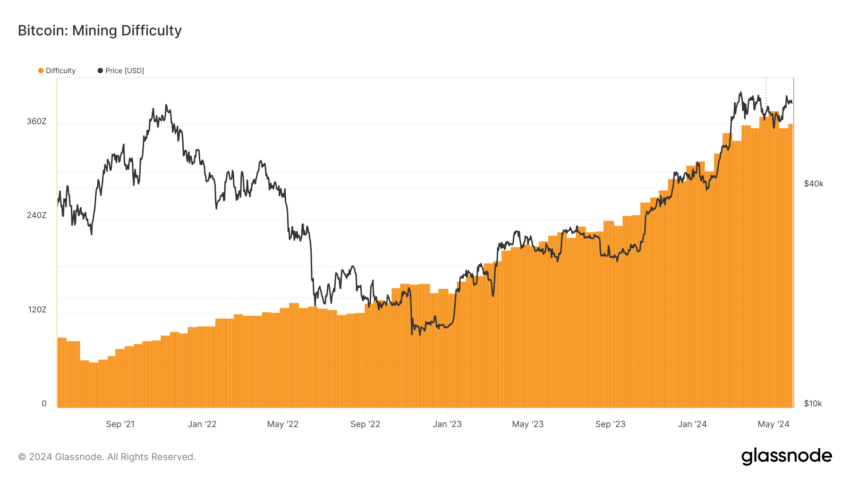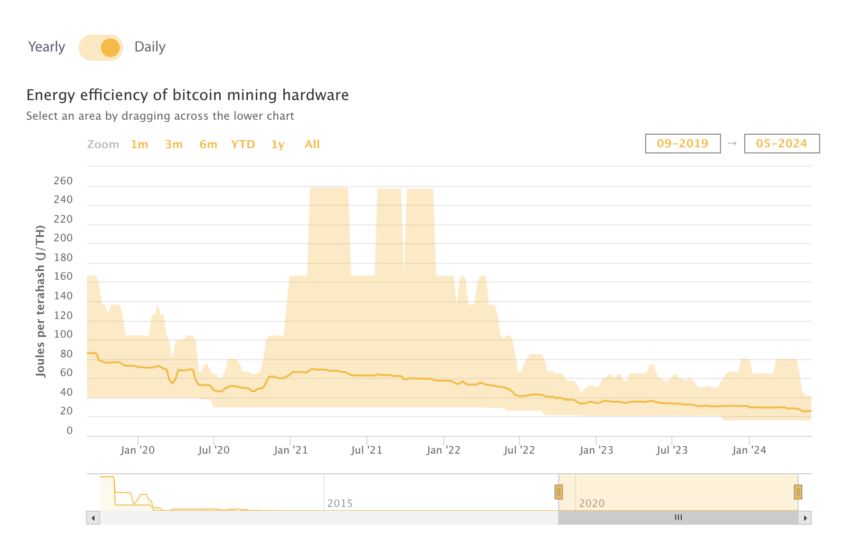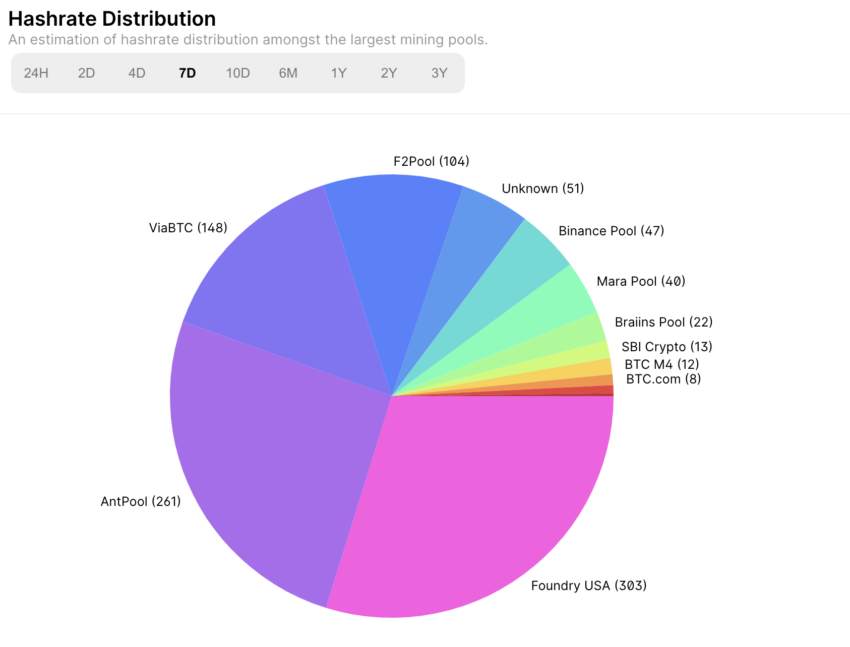
Bitcoin is challenging the age-old allure of gold. As these two titans of value vie for dominance, the future of mining both assets stands at a crossroads.
Gold, with its long history, symbolizes traditional wealth. Bitcoin, on the other hand, represents the forefront of digital innovation.
Gold vs Bitcoin: Which Is Better Now?
Gold mining has stood the test of time. For centuries, it has been a symbol of wealth and stability. The process of extracting gold from the earth is labor-intensive and environmentally taxing. Yet, it remains a cornerstone of the global economy.
Gold’s tangible nature and historical significance make it a reliable store of value, especially during economic uncertainty.
In stark contrast, Bitcoin mining represents the cutting edge of digital innovation. It involves solving mathematical problems to validate transactions on the blockchain, a decentralized ledger. This process, known as Proof-of-Work (PoW), requires significant computational power and, consequently, large amounts of energy.
Rob Chang, CEO of Gryphon Digital Mining, told BeInCrypto about Bitcoin miners’ strategic approach. He emphasized that Bitcoin mining can stabilize local grids and support renewable energy projects, offering a unique benefit that traditional gold mining lacks.
“Miners seek low-cost power, usually in areas with low demand or where there might not even be enough demand to support a stable grid. The presence of a Bitcoin miner who uses consistent amounts of power is beneficial for regions where the local area may not have the demand to justify a stable grid,” Chang said.
Both gold and Bitcoin mining have significant environmental footprints. Gold mining often leads to deforestation, water pollution, and habitat destruction. Efforts to mitigate these effects include stricter regulations and the development of more sustainable practices.
However, the inherent physical nature of gold extraction poses ongoing environmental challenges.
Bitcoin mining, on the other hand, is criticized for its high energy consumption. Although Bitcoin’s carbon footprint has drawn scrutiny, the industry increasingly turns to renewable energy sources.
Chang noted that Bitcoin mining’s competitive nature drives efficiency and innovation, which can lead to more sustainable practices over time.
“Bitcoin mining difficulty is an inevitable outcome of Bitcoin’s success and is something miners should expect and in fact embrace since it would only occur if Bitcoin continues to succeed. It incentivizes miners to be as efficient as possible and to innovate to stay as low cost as possible,” Chang added.
Read more: Free Cloud Mining Providers to Mine Bitcoin in 2024

Competitive Mining Market for Both Assets
The economic viability of mining operations is crucial for both industries. Gold’s value is influenced by geopolitical stability, currency fluctuations, and market demand. Despite its stability, the profitability of gold mining can be affected by fluctuating ore grades and increasing production costs.
Bitcoin’s market dynamics are even more volatile. Its value is subject to market sentiment, regulatory changes, and technological advancements.
Chang explained that energy prices are the most critical cost variable for Bitcoin miners. Efficient energy management can make or break a mining operation.
“The best measure of this is the Bitcoin efficiency ratio, which measures the amount of Bitcoin generated per deployed exahash. A good way to think about this is Bitcoin is to oil as hashrate is to oil derricks. The more exahashes or oil derricks a company has, the more Bitcoin or oil they should generate,” Chang told BeInCrypto.
Read more: Top Countries Where You Can Mine Bitcoin Legally

Moreover, hardware competition at the ASIC miner level is welcome and good for the industry. Historically, a few dominant players controlled the mining machine market, squeezing profitability by repricing equipment based on real-time Bitcoin prices. This has made it difficult for miners to compete, as most are forced to provide large upfront payments to procure machines.
The centralization of mining power is a potential concern for the Bitcoin network. While not an issue currently, vigilance is necessary to prevent bad actors from gaining control over the global hashrate. Decentralization is key to ensuring a secure blockchain.
Regulations also play a crucial role in the future of mining. Poor political environments can kill off mining operations altogether. Chang pointed out that most laws impacting Bitcoin mining relate to its energy use.
If a miner is carbon neutral, they can avoid regulations targeting carbon-emitting operations.
Read more: 5 Best Platforms To Buy Bitcoin Mining Stocks Ahead of 2024 Halving

Looking ahead, gold will remain a safe haven asset, but its environmental impact may drive stricter regulations and push for greener mining technologies. With its potential for supporting renewable energy and stabilizing grids, Bitcoin may pave the way for a more sustainable future in digital asset mining.
Disclaimer
Following the Trust Project guidelines, this feature article presents opinions and perspectives from industry experts or individuals. BeInCrypto is dedicated to transparent reporting, but the views expressed in this article do not necessarily reflect those of BeInCrypto or its staff. Readers should verify information independently and consult with a professional before making decisions based on this content. Please note that our Terms and Conditions, Privacy Policy, and Disclaimers have been updated.





Be the first to comment